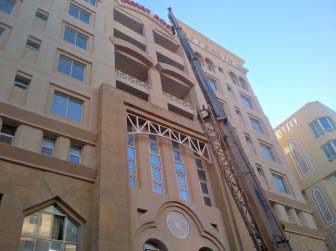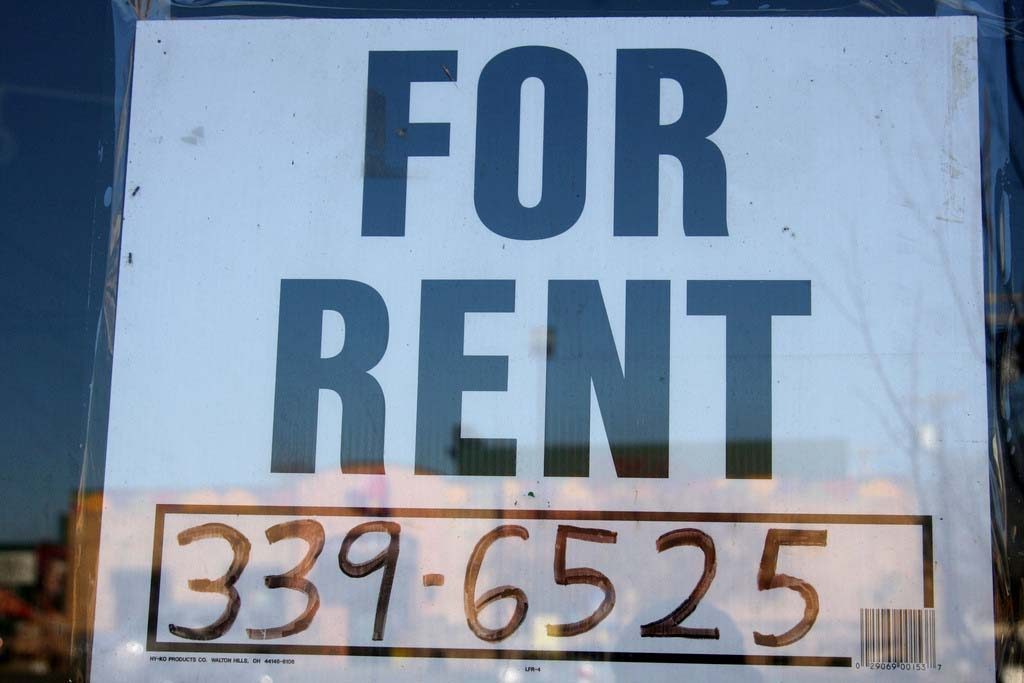
A cooling housing market and low international food prices will largely keep Qatar’s cost of living in check through the remainder of the year, a local bank has forecast.
Qatar National Bank (QNB) said in a report this week that the country’s inflation rate was 1.5 percent in the first seven months of 2015, down from 3.1 percent a year earlier.

However, the financial institution warns that the period of moderate relief for residents may be drawing to a close.
QNB predicts prices for consumer goods will remain subdued until the New Year, when the country’s ongoing population growth – combined with an expected rise in global food prices – drives inflation higher.
That’s largely in line with other predictions contained in a mid-year economic outlook published in June by Qatar’s Ministry of Development Planning and Statistics.
The average inflation forecast among 19 financial institutions was 2.4 percent for 2015 and 3.8 percent next year.
If those predictions prove correct, it could add more fuel to the perception among many residents that their salaries are failing to keep up with the country’s cost of living and make it harder for employers to retain skilled workers.
Housing
Paying for rental accommodations is one of the largest monthly expenses for many households in Qatar. In recent years, developers have failed to construct an adequate number of new homes – particularly in the low and mid-range segments – to keep pace with the ongoing influx of new residents.

That’s caused rents to climb sharply, with many tenants reportedly hit with annual increases of five to 10 percent during the first half of 2015, real estate researchers say.
QNB says the year-over-year increase in rent inflation slowed from 4.6 percent at the start of the year to 2.3 percent in July due in large part to an increase in supply as new homes came onto the market.
Others, however, aren’t so sure.
Earlier this year, real estate services firm DTZ reported that landlords are having no problem filling their units.
“We’re seeing new supply, but it’s barely keeping up with demand,” Johnny Archer, an associate director in DTZ’s Qatar-based consulting and research department, said at the time.
While company officials said they were seeing declining demand for employee accommodations from oil and gas firms, companies in other sectors – namely hospitality, healthcare and construction – are continuing to expand by recruiting additional expats who need a place to live in Qatar.
Food
With its minimal amount of farmable land and freshwater, Qatar overwhelmingly depends on imported food to feed its population. That means the country is susceptible to swings in global food prices.

For much of the year, this has benefited local consumers as bountiful harvests around the world has kept prices low prior to a seasonal spike at the start of the summer:
“Food prices in Qatar tend to increase every year during Ramadan,” QNB said.
Government official attempt to mitigate the price increases by ordering retailers to offer consumers discounts on hundreds of household items during Ramadan.
Have you noticed a change in the cost of living? Thoughts?







